Within Portugal, the footwear sector has long been a top leader in production, specializing in leather-made footwear. Known for high-quality and durable materials, the footwear industry provides 1,103 million euros each year to the Portuguese trade balance. Earlier this year, the Portuguese footwear industry revealed its roadmap for the next ten years, with hopes to invest 600 million euros within the next decade. It aims to become “an international benchmark in the development of sustainable solutions in our industry,” Luis Onofre, President of the APICCAPS (The Portuguese Association of Footwear Components Articles Leather Goods Substitutes), told V.
They have already made major headway in these efforts by receiving over 80 million euros to invest in sustainability efforts from the Bioshoes4ll project and 60 million euros for automatization and robotics from the FAIST project. With the financial backing of organizations like APICCAPS, they are soon poised to become a worldwide leader within the footwear space. Paulo Gonçalves the Director of Communications at APICCAPS, which represents over 500 companies, has worked for the company for over 20 years and he considers it his “life project”.
Twenty-two billion pairs of shoes are produced around the world each year and Asia is responsible for 88% of production. Gonçalves sees this as not being sustainable long-term; this is where Portugal is stepping in. In 2023, Portugal produced 81 million pairs of shoes from 1,500 footwear companies. Around 90% of the product was exported and sold to 174 countries in 2023. Workers within these companies represent a large portion of the workforce by providing 40,000 jobs to residents within Portugal.
“We are not committed to producing more. We want to produce, increasingly, high-quality footwear that people can use for a long time. Naturally, we do not want our companies to lose competitiveness. Therefore, APICCAPS has joined forces with the Footwear Technological Center and established programs for independent audits of the companies. We defined individual action plans to optimize processes,” Gonçalves said. “Our goal is clear: to ensure that Portuguese companies are at the forefront.”
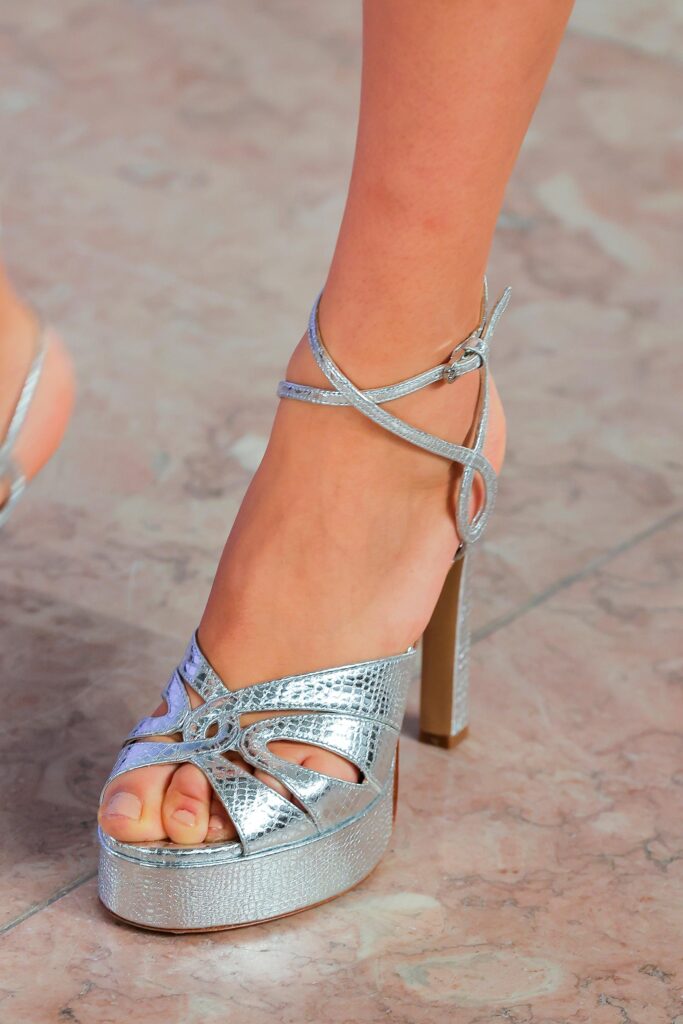
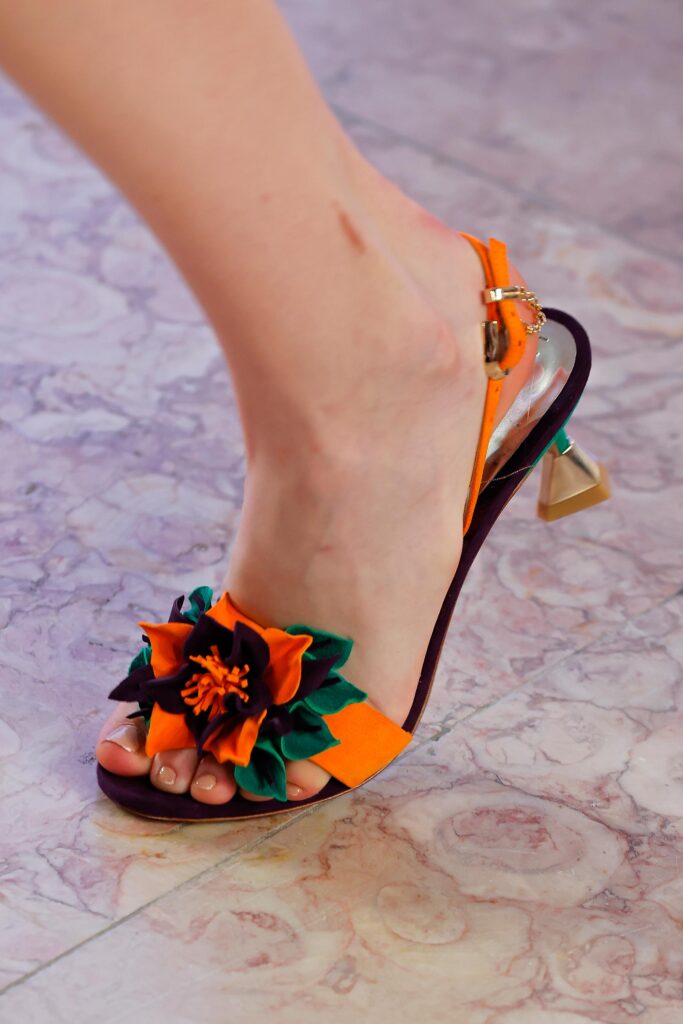
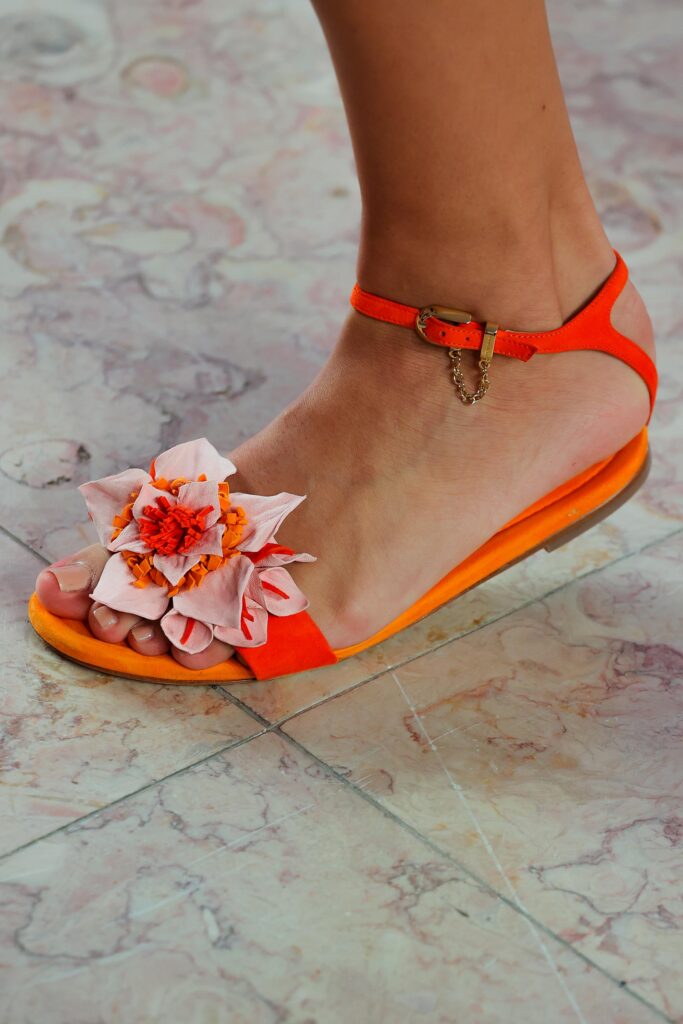
Onofre, who is a third-generation shoe producer, is also an established designer and debuted his SS25 collection in September. The collection included bold colors and silhouettes that were aimed at evoking strong emotions—an approach that mirrors Portugal’s growing recognition beyond just the fashion spaces, but also in footwear, jewelry and leather goods.
“In recent years Portugal has aroused international curiosity with its culture and customs and is now a very desirable country for the most well-traveled minds. With some new talents driving this change and savvy designers leading the way, Portuguese style is more than fashionable,” Onofre told V. “As an author, the Made in Portugal label signifies identity and pride in something I call home. I belong to the third generation of a family that has always been linked to footwear production and I feel that my Portuguese and family identity is visible in my work.”

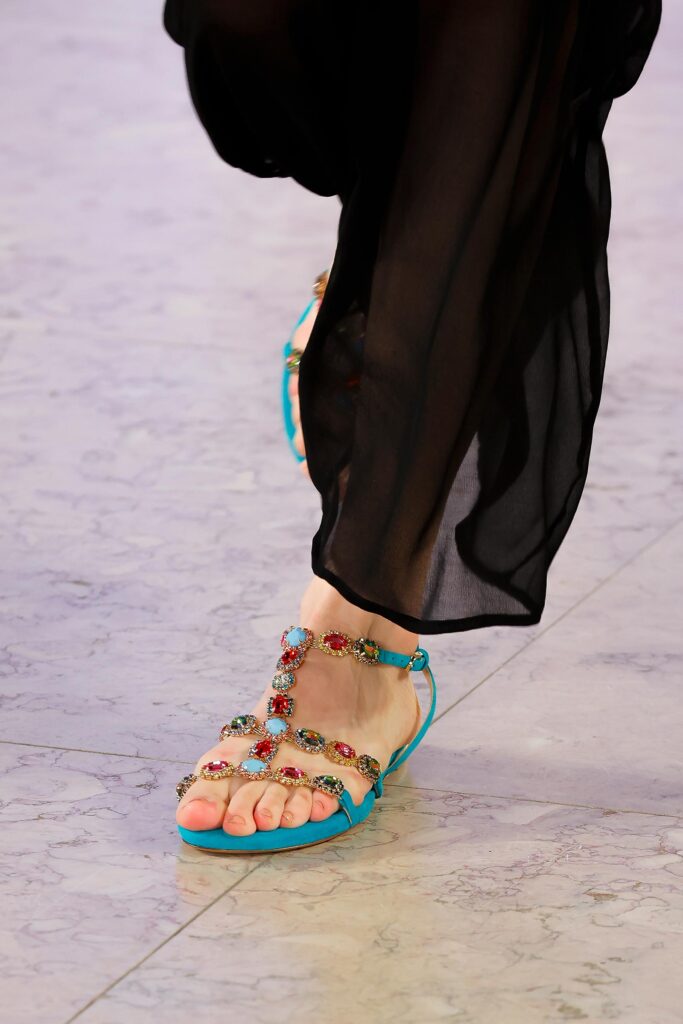

Gonçalves is also the creator of the Portuguese Soul Magazine, which released its AUTUMN/WINTER ‘24 edition in late October. The magazine presented its latest issue and collection through an event at Modalisboa, in doing so, Gonçalves said, “we aim to connect the industry and the designer, particularly promoting high-quality leather footwear.”


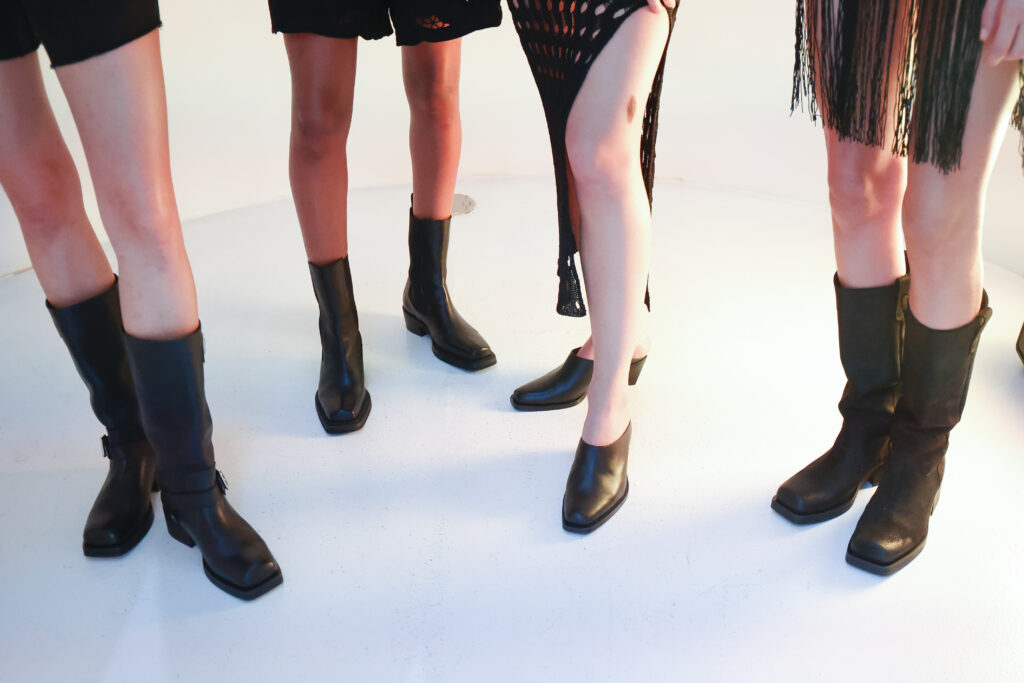
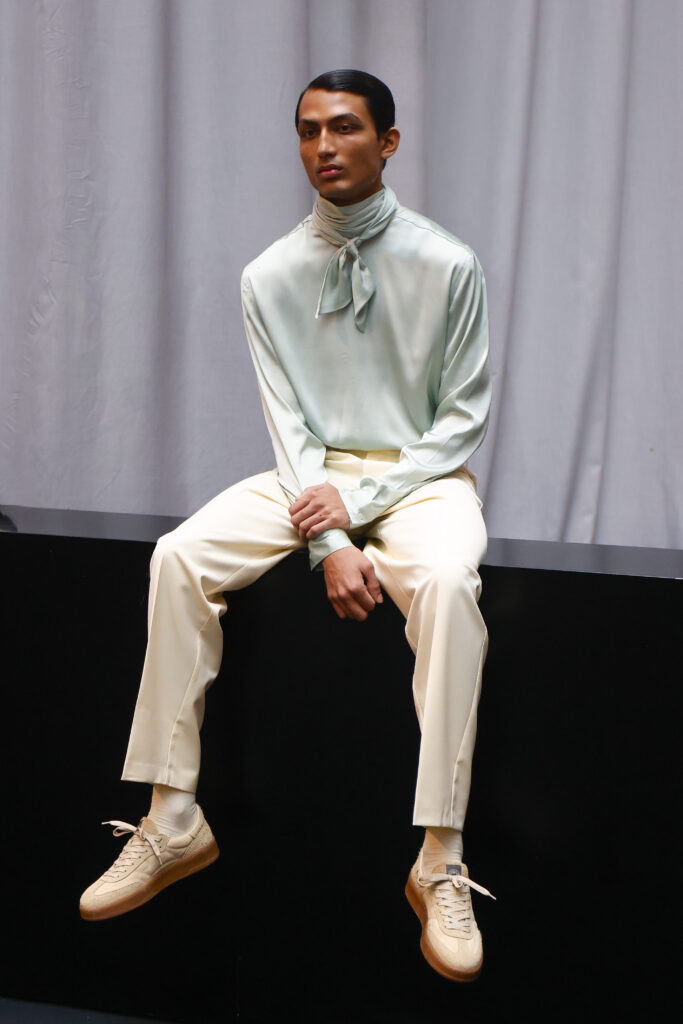

“Portuguese Soul is a love story that began 15 years ago and is materialized into two annual printed editions, with over 200 pages, distributed to 100 countries across five continents,” Gonçalves told V. “It exists for the love of art, Portuguese footwear, and leather accessories, and for the accumulated know-how of several generations. For the love of fashion, creativity, and design with the label ‘made in Portugal.’ A testament to a country with many talents.”
Discover More












